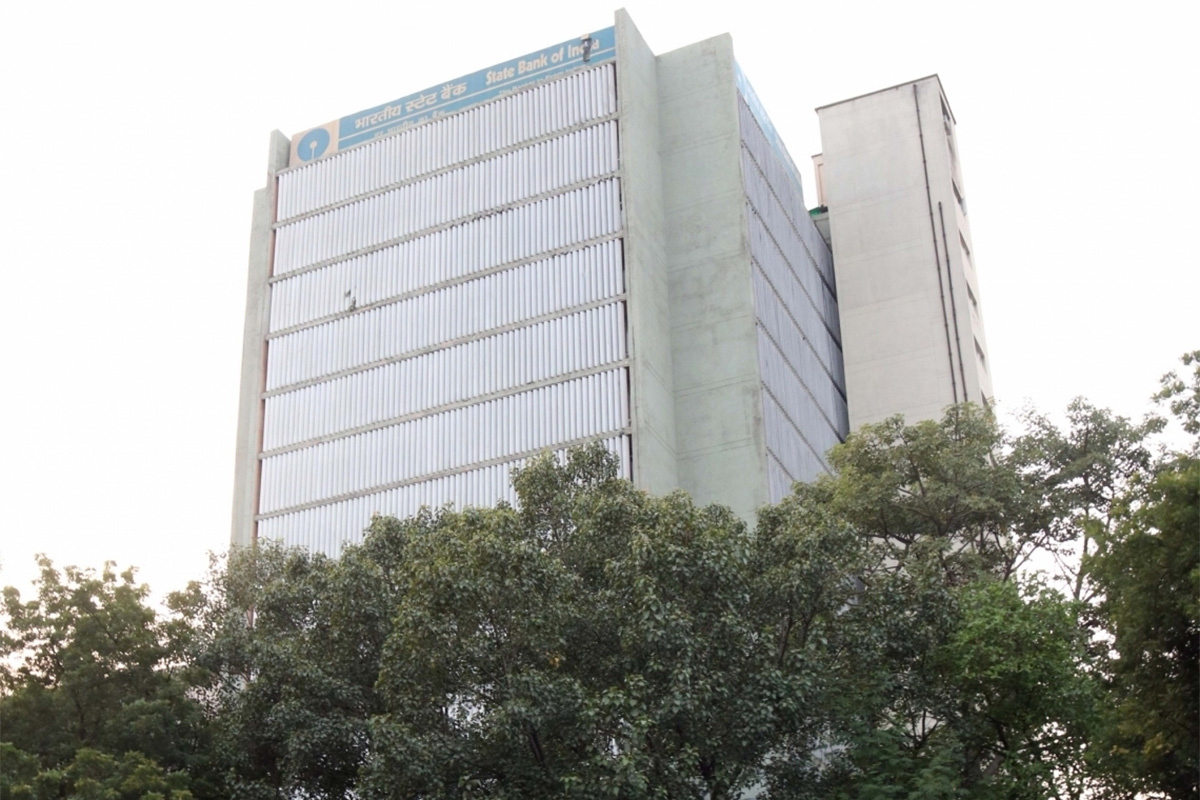The manufacturing sector played a major role in narrowing down India’s GDP contraction in Q2 of FY21. An SBI Ecowrap report, however, dubbed the growth in manufacturing GVA as “astonishing” as the IIP manufacturing for the same period declined by 6.7 per cent.
India’s GDP in the July-September period contracted 7.5 per cent, compared with 23.9 per cent in the preceding quarter.
Advertisement
The GVA in Q2 2020-21 from the manufacturing sector grew 0.6 per cent, as compared with degrowth of 0.6 per cent in the corresponding quarter of the previous fiscal.
The report by Soumya Kanti Ghosh, Group Chief Economic Adviser, State Bank of India, said: “Though the whole press release is full of surprising numbers, the most astonishing number is the positive growth in manufacturing in Q2.”
He noted that despite being the worst affected sector in Q1 (due to lockdown), it is quite puzzling how manufacturing turned itself around.
The IIP manufacturing and manufacturing GVA growth are highly correlated (almost more than 0.90) and this correlation collapsed in Q2 when IIP manufacturing declined by 6.7 per cent (average of July/August/September) while manufacturing GVA grew by 0.6 per cent.
He said that one possible reason for this could be stellar corporate GVA numbers in Q2 on the back of massive purge in costs.
Further, he said that small companies, with turnover of up to Rs 500 crore, are more aggressive in cutting cost, displaying reduction in employee cost by 10-12 per cent.
“This could turn a potential headwind in future in terms of a drag on consumption. Additionally, there is evidence of inventory build-up that could act as a drag on future manufacturing growth,” said the report.
“Interestingly, government consumption expenditure has also nosedived in Q2, that is difficult to explain, as such expenditures are typically pro cyclical.”
During the July-September period, agriculture sector continued to perform well with its growth pegged at 3.4 per cent. Services remained in the negative territory, although the decline was contained as trade, hotels, transport, communication and services related to broadcasting showed recovery.











